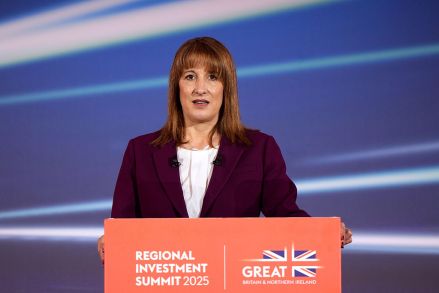Why so many young people don’t have a job
Why are so many young adults not in education, employment or training? The latest statistics show that almost one million 16 to 24-year-olds are unemployed, or ‘Neet’, to use the inappropriately cheery-sounding acronym. Fractionally down on the previous quarter, this is still close to a ten-year high. The number of Neets has been consistently above 900,000 since early 2024, peaking at 987,000 – around one-in-eight young people – earlier this year. Falling out of education and employment in your early twenties can have a devastating impact. More than half a million of those who are not currently working or studying have never had a job. Neets face not just financial





















